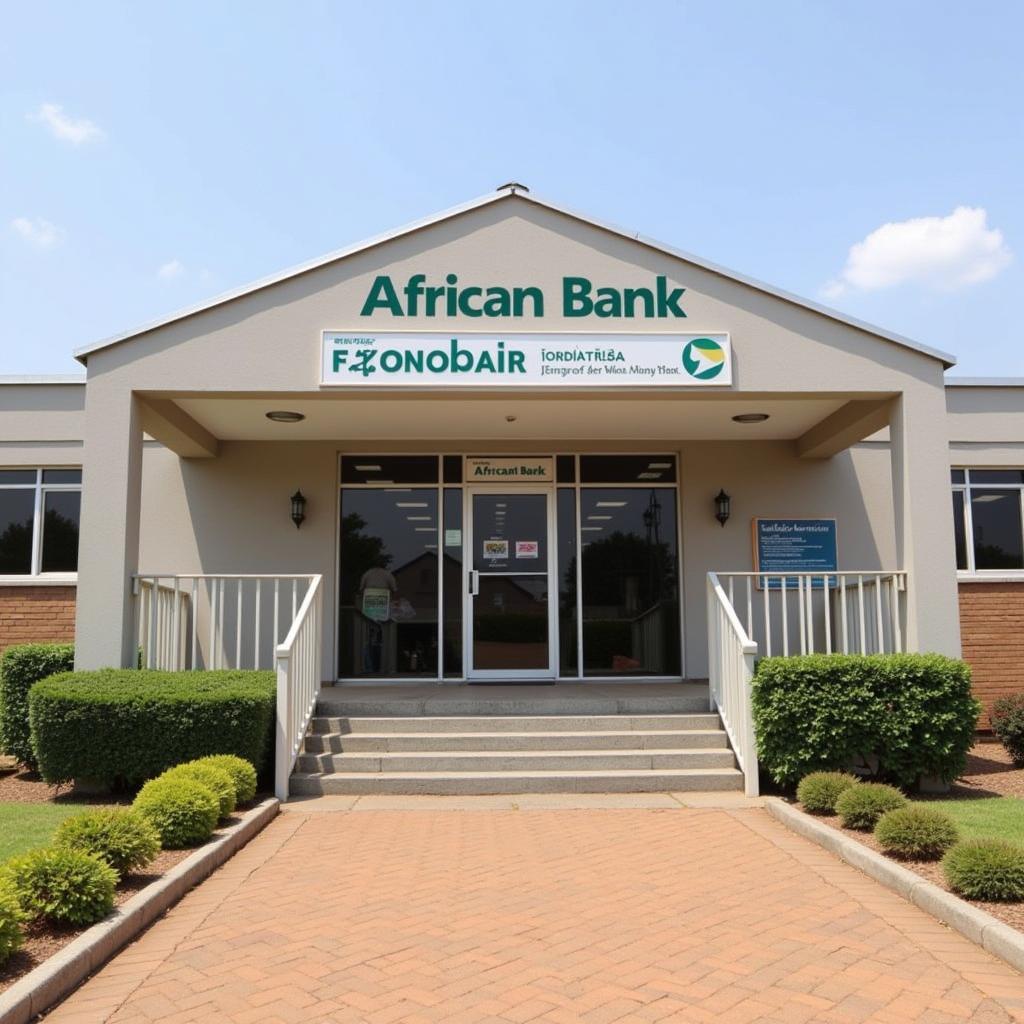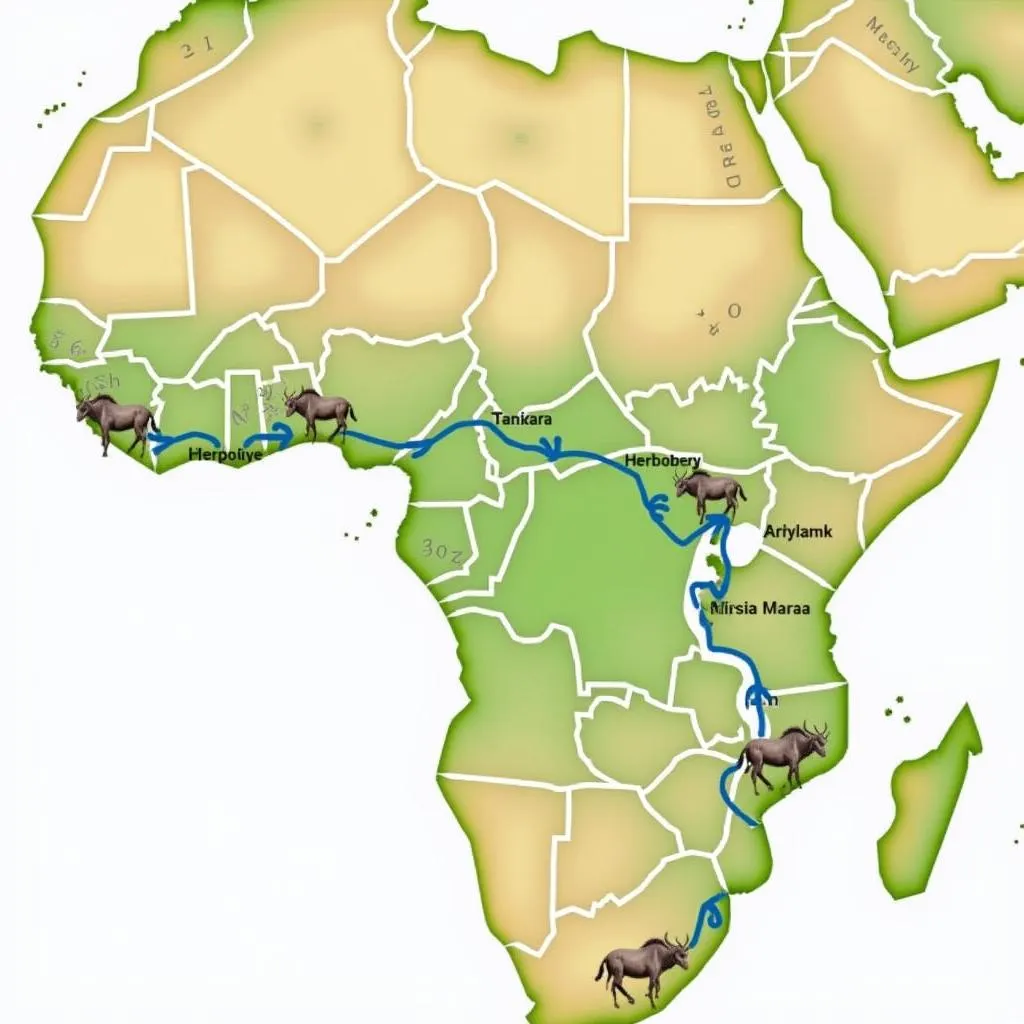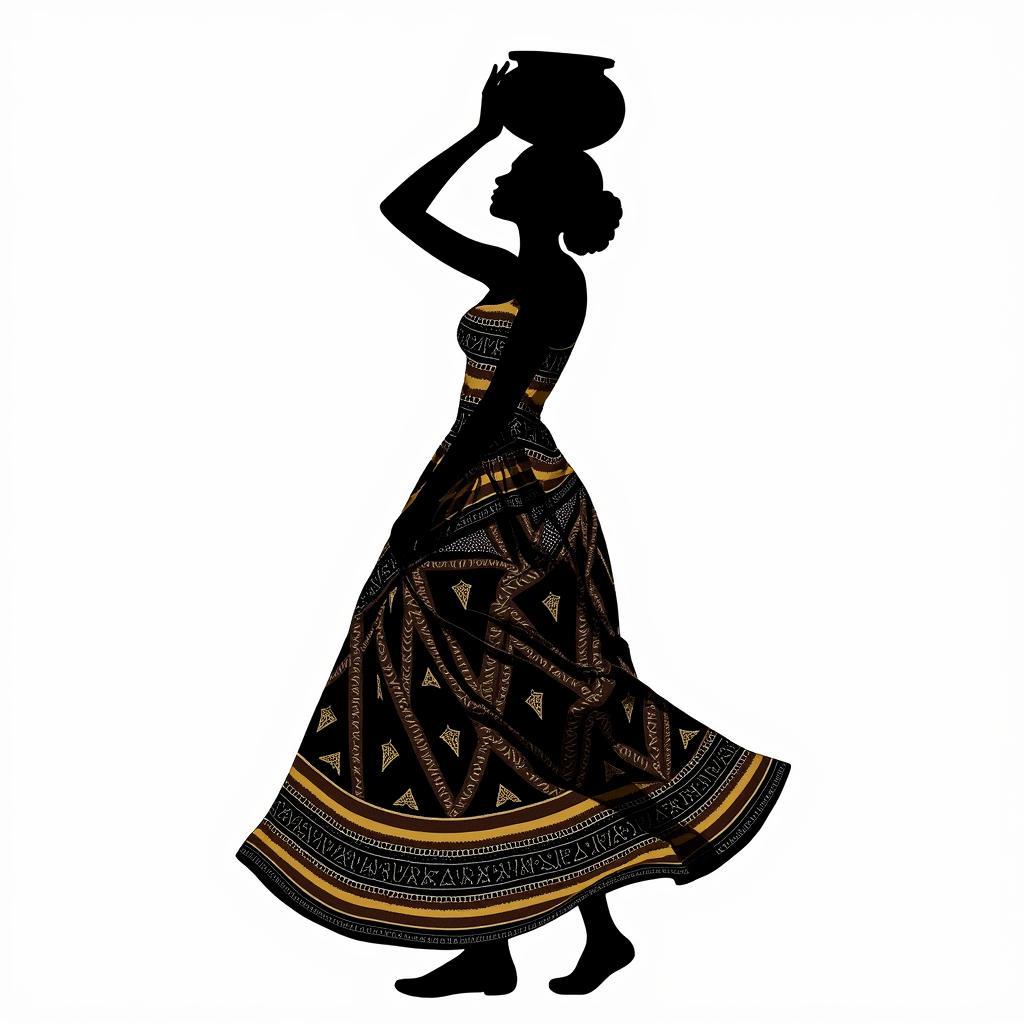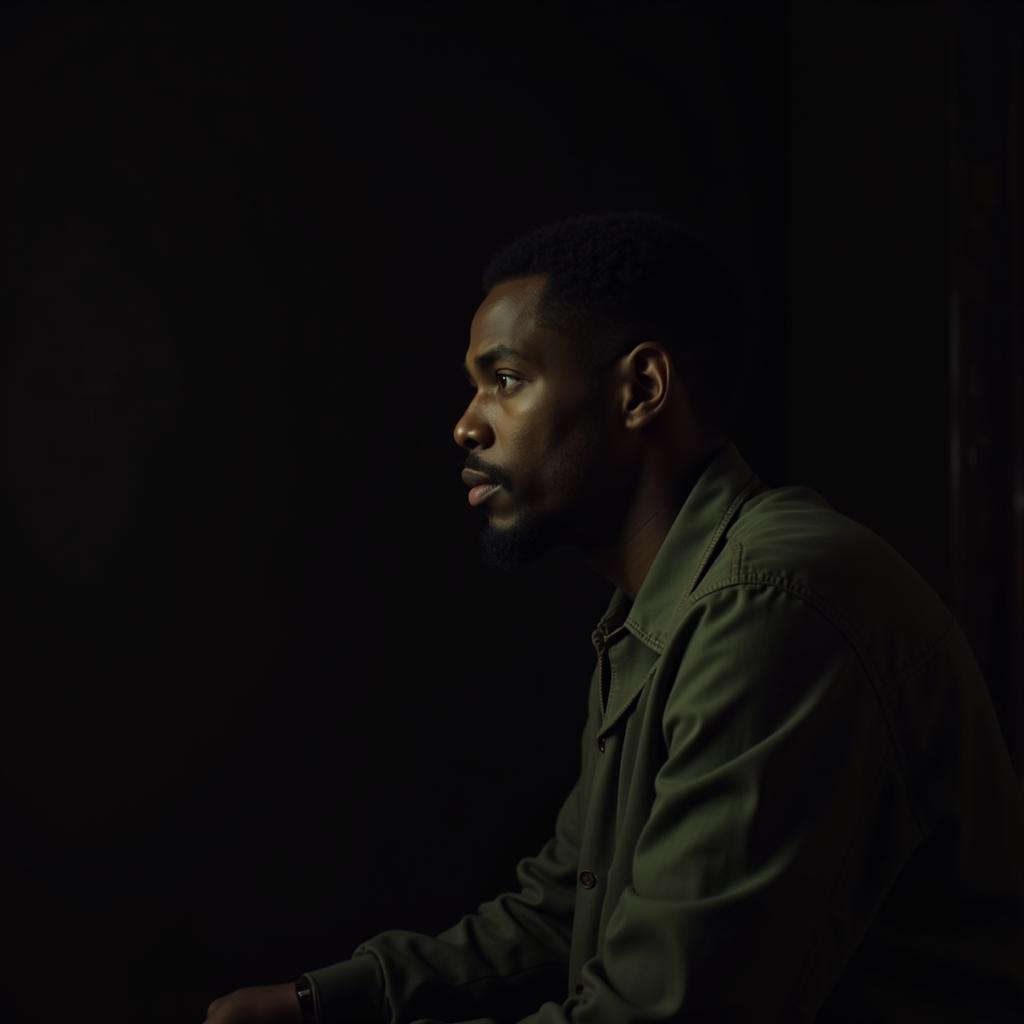Understanding the African Charter on Human and Peoples’ Rights
The African Charter on Human and Peoples’ Rights (ACHPR), often referred to as the Banjul Charter, is a landmark human rights instrument that plays a crucial role in protecting and promoting fundamental freedoms across the African continent. This charter, adopted in 1981, sets out a comprehensive framework for ensuring respect for human and peoples’ rights. It represents a distinctly African approach to human rights, incorporating elements of traditional African values and customs while embracing universal human rights principles.
The ACHPR establishes a wide array of civil, political, economic, social, and cultural rights, including the right to life, liberty, and security of person, the right to a fair trial, freedom of expression and association, and the right to education and health. The Charter also uniquely recognizes collective rights, such as the right to self-determination, the right to development, and the right to a healthy environment. This blend of individual and collective rights distinguishes the ACHPR from other regional human rights instruments.
Key Provisions of the African Convention on Human Rights
The African Convention On Human Rights contains several key provisions that are essential for understanding its scope and impact. These provisions cover a wide range of rights and obligations, reflecting the Charter’s comprehensive approach to human rights protection.
The Right to Self-Determination and its Impact
A particularly significant aspect of the african convention of human rights is its emphasis on the right to self-determination. This right affirms the inherent dignity and equality of all peoples and their right to freely determine their political status and pursue their economic, social, and cultural development. The inclusion of this right underscores the historical context of the Charter’s adoption, a period marked by struggles for independence and decolonization across Africa.
What does the right to self-determination entail? It means that African peoples have the right to freely choose their own political status without external interference.
Protection of Vulnerable Groups under the African Convention on Human Right
The ACHPR also addresses the rights of specific groups often subject to discrimination and marginalization, such as women, children, and people with disabilities. The Charter recognizes the importance of protecting these vulnerable groups and ensuring their full enjoyment of all human rights. This focus on specific groups reflects the Charter’s commitment to addressing inequalities and promoting social justice within African societies.
How does the ACHPR protect vulnerable groups? It specifically calls on states to eliminate all forms of discrimination and to take affirmative action to promote the equality and well-being of these groups.
Enforcement Mechanisms of the African Convention on Human Rights
The African Commission on Human and Peoples’ Rights is the primary body responsible for monitoring the implementation of the african convention on human rights pdf. The Commission receives complaints of human rights violations, conducts investigations, and issues recommendations to states. While the Commission lacks the power to enforce its decisions directly, it plays a vital role in promoting accountability and encouraging states to comply with their obligations under the Charter. Furthermore, individuals and NGOs can bring cases before the African Court on Human and Peoples’ Rights, which has the authority to issue binding judgments.
Dr. Abimbola Adebambo, a renowned human rights lawyer based in Nigeria, emphasizes the significance of the African Charter: “The ACHPR is not merely a document; it is a living testament to the aspirations of African people for a continent where human rights are respected, protected, and fulfilled.”
The establishment of the African Court on Human and Peoples’ Rights represents a significant step towards strengthening the enforcement mechanisms of the african convention on human right.
Challenges and Future Directions
Despite its significant contributions, the ACHPR faces several challenges. Limited resources, political interference, and lack of state cooperation often hinder the effective implementation of the Charter. However, the continued efforts of civil society organizations, human rights defenders, and the African Commission remain crucial in advocating for stronger protection and promotion of human rights across the continent.
Professor Fatima Harbi, a scholar of African law at the University of Dar es Salaam, notes: “The African Charter represents a bold vision for human rights in Africa. While challenges remain, the Charter provides a vital framework for building a more just and equitable future.” It is essential to address these challenges to ensure the full realization of the rights enshrined in the african convention of human rights icj. Furthermore, continued engagement with the african convention of human rights peoples self-determination ethnictiy is crucial for understanding the interplay between self-determination, ethnicity, and human rights in the African context.
The African Charter on Human and Peoples’ Rights represents a pivotal achievement in the advancement of human rights in Africa. The Charter’s unique approach, combining individual and collective rights, sets it apart and reflects the specific context of the African continent. While challenges remain, the ACHPR provides a crucial framework for realizing human rights for all Africans.
FAQ
- What is the African Charter on Human and Peoples’ Rights?
- How does the ACHPR protect collective rights?
- What is the role of the African Commission on Human and Peoples’ Rights?
- What are some of the challenges facing the implementation of the ACHPR?
- How does the ACHPR address the rights of vulnerable groups?
- What is the significance of the right to self-determination in the ACHPR?
- How can individuals seek redress for human rights violations under the ACHPR?
When you need support, please contact us at Phone Number: +255768904061, Email: kaka.mag@gmail.com or visit our address: Mbarali DC Mawindi, Kangaga, Tanzania. We have a 24/7 customer support team.



